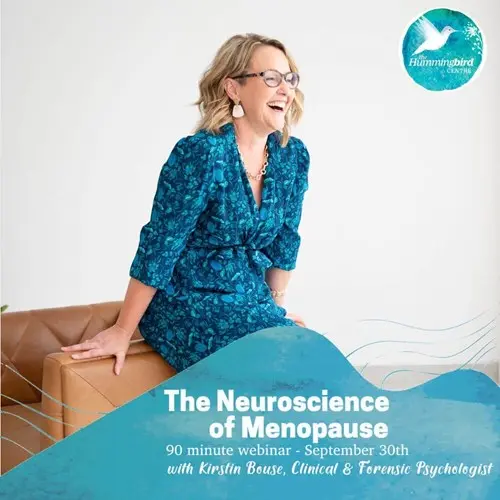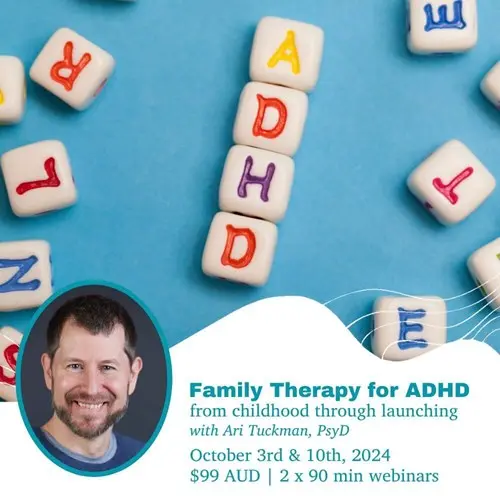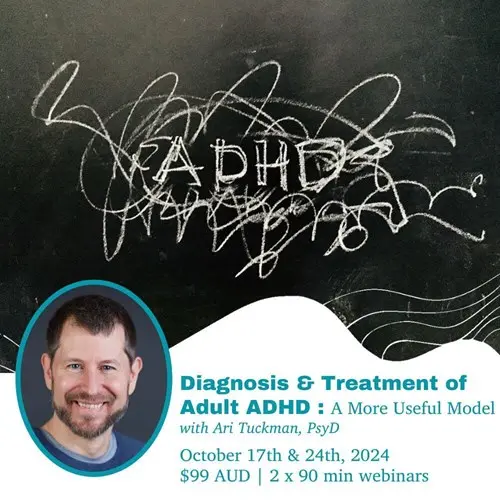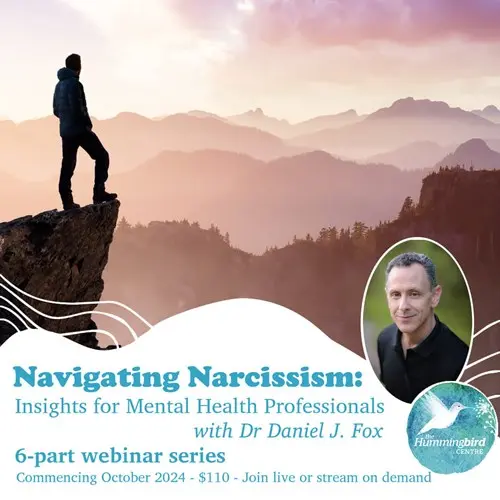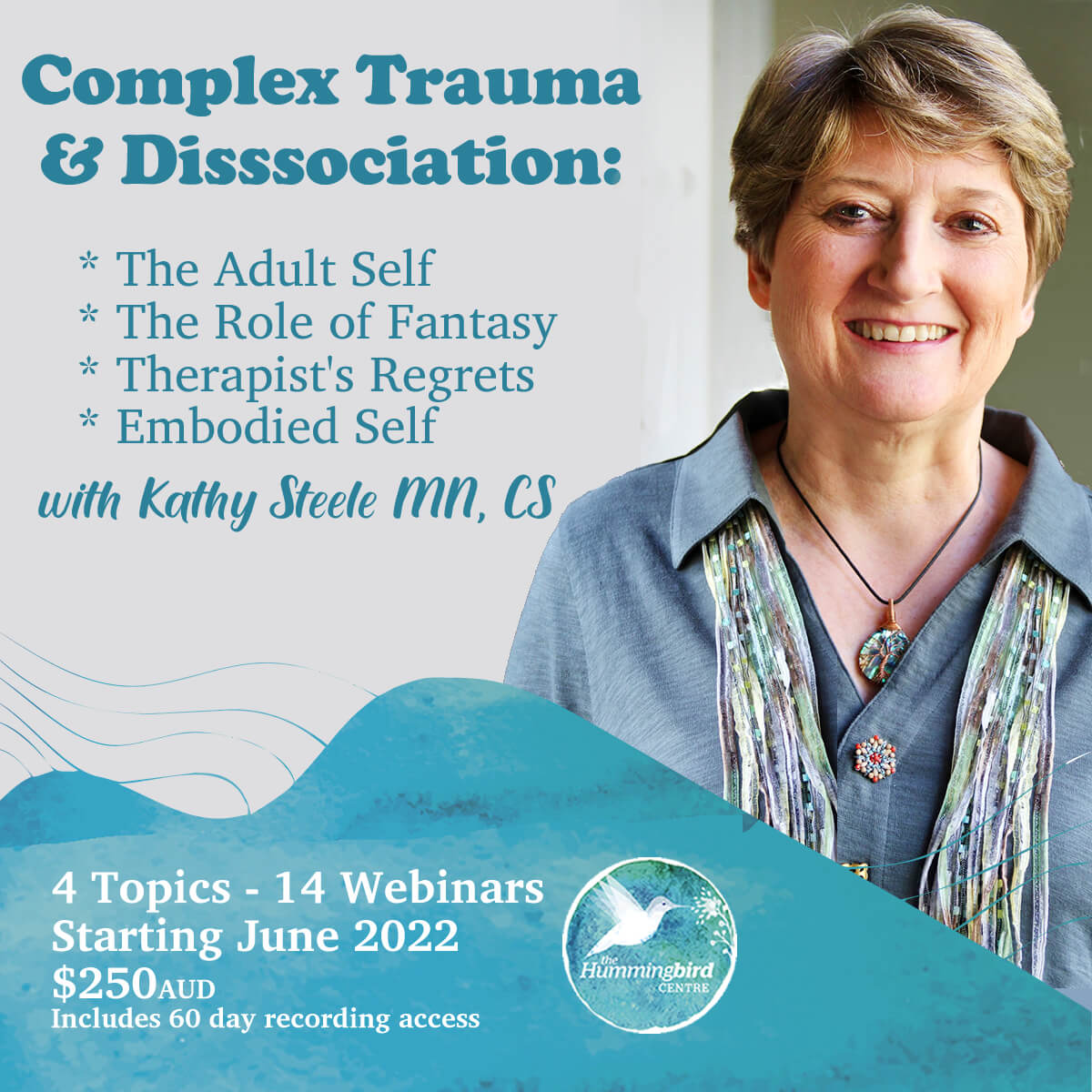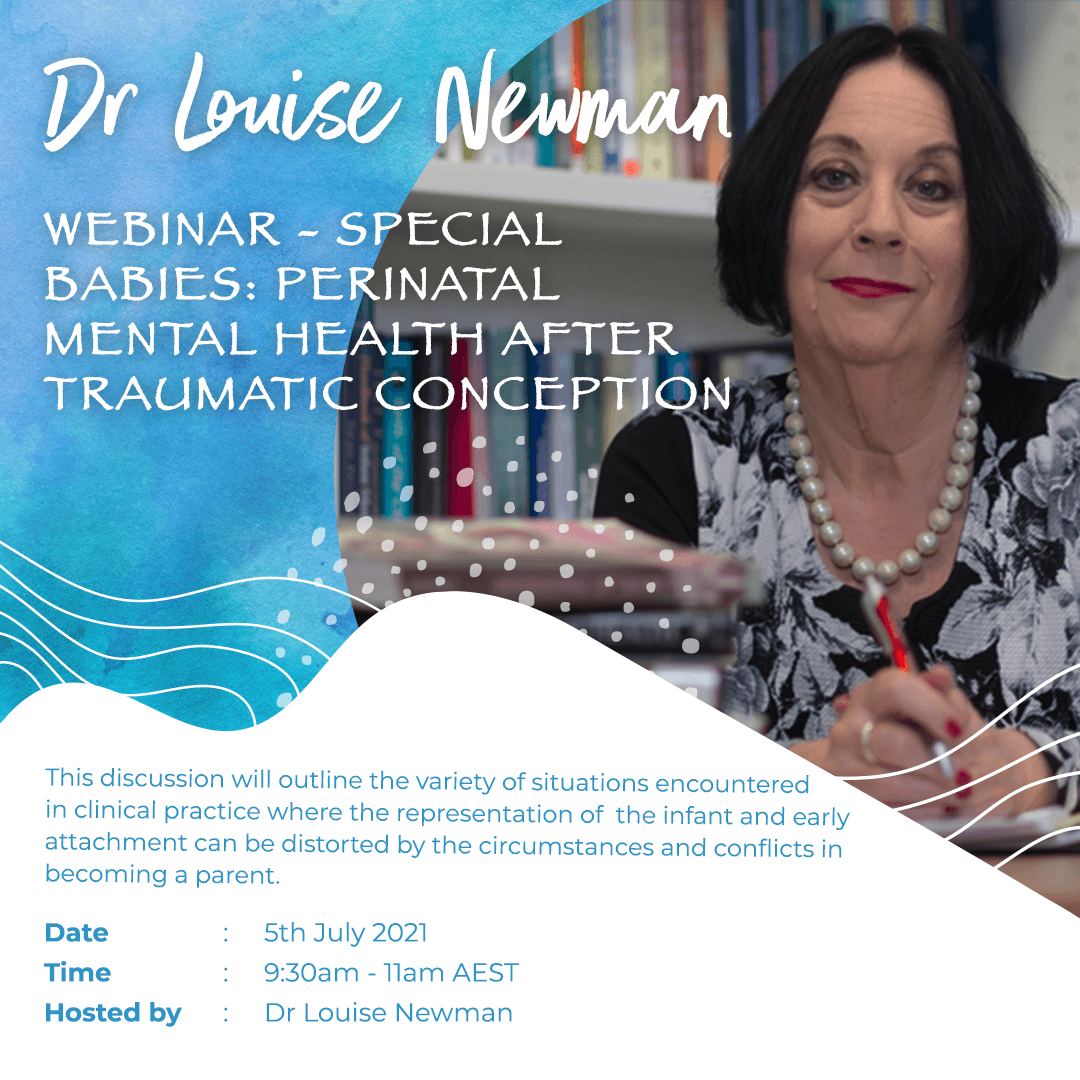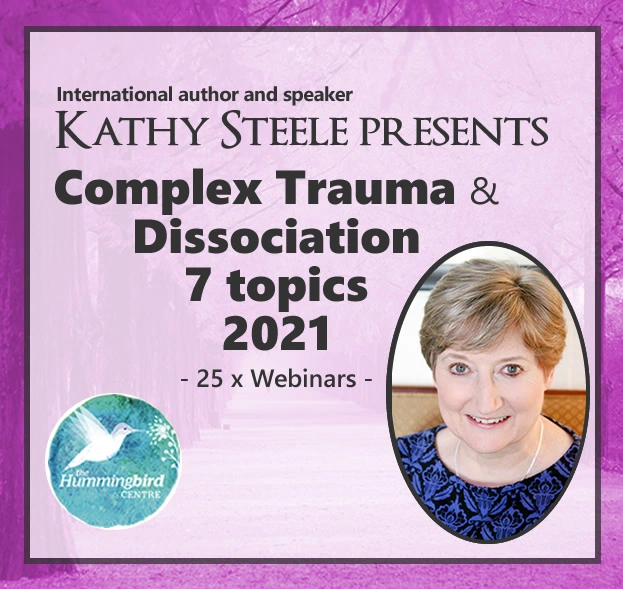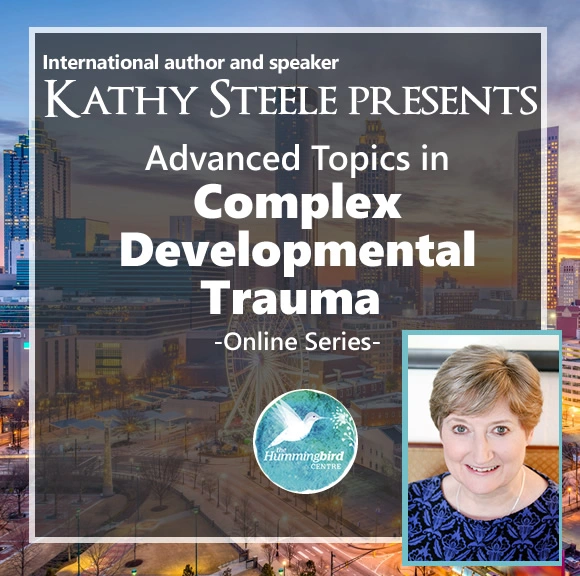Everyone experiences an inner critic, based on negative messages from authority figures and from ourselves in reaction to feeling inadequate in some way.
In this series we explore an integrative approach to understanding and working with a wide range of inner criticism, punishment, and harshness in our clients, but also in ourselves as therapists. In complex trauma this natural phenomenon can become more intense, overwhelming, and sometimes more dissociated.
We explore how these inner aspects develop, and understand their several functions of protection, avoidance, and attempts to cope with everyday life. Participants will have an opportunity to explore their own inner critic and befriend it as a step toward helping clients learn to deal with their own. Our ability to reflect on our own tendencies toward self-criticism and punishment will support our capacity to work with these experiences in our clients.
Participants learn specific approaches to work with ego states and dissociative parts that have these punitive functions, employing compassion and curiosity.
At the end of this series, participants will be able to:
1. Describe the key functions of inner critics;
2. Analyse the developmental origins of inner critics;
3. Employ at least 4 ways to reduce the intensity of inner criticism;
4. Explore the rigid logic of inner critics and strategies to increase reflective capacities;
5. Identify their own inner critic and ways to calm self-criticism, particularly in their role as therapist.
About the Presenter

Kathy Steele, MN, CS has been in private practice in Atlanta, Georgia for over three decades, specialising in the treatment of complex trauma, dissociation, attachment difficulties, and the challenges of complicated therapies. She is an adjunct faculty at Emory University, and a Fellow and past President of the International Society for the Study of Trauma and Dissociation. Ms Steele teaches internationally and consults with individuals, groups, and trauma programs. She has received a number of awards for her clinical and published works, including the Lifetime Achievement Award from ISSTD.




